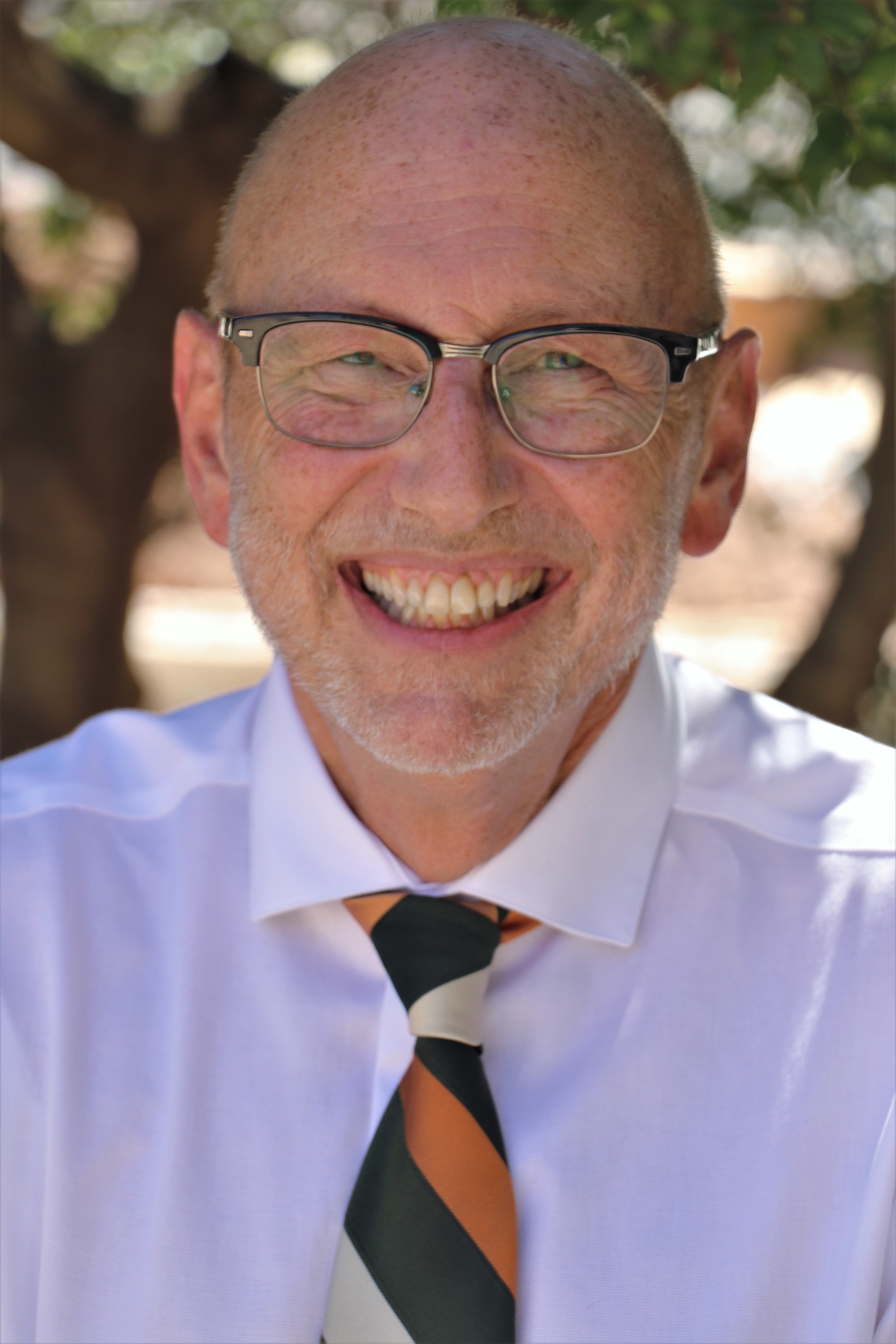
The first show of our season, Fly by Night, was a stunner. It's rare that I enter a theatre knowing almost nothing about the show, especially a musical (I love musicals), but director Bradley Frenette and a host of very smart actors and designers, transported audiences to New York, culminating in that infamous Northeast blackout that darkened New York for 14 hours in 1965. A dark comic rock fable, Fly by Night did what good theatre should do: make us care. No surprise that the Kennedy Center American College Festival honored it with several Meritorious Achievement awards—and while such recognition is exciting, Frenette's success not only rests in his affection for the material, but also his implicit understanding of a principle that best serves theatre: it's all about the audience.
Of the four scripted plays in our season, three are directed by MFA graduate students. I already mentioned Frenette above. Fly by Night will be followed by As You Like It, directed by Patrick Jones, and The Secretaries, directed by Sarah Mayhew. Many university theatres do not allow students to direct in what they consider mainstage productions, but not TTU! We trust our graduate students, and because we put their education first, we often invite them to direct shows in our season. As Fly by Night illustrates, this trust is more often than not rewarded.
Our graduate students represent the heart and soul of our program. They teach, direct, innovate, publish, attend conferences and festivals, all the while serving as excellent mentors to our undergraduate population. They also advise us how best to address issues in education that keep us contemporary, meaning, of course, that we must establish communication based on trust and mutual respect. What's more, they are often led by dreams, not fantasies mind you, of careers fueled by their creative and scholarly energy.
Teaching is the best part of our jobs. Our faculty love traveling with graduate students to festivals, seeing them present at conferences, visiting with them in our offices, taking them with us on research trips, and observing them in the classroom. We understand that they are putting their lives (and often families) on hold for a number of years to further advanced study in areas of theatre and dance that they know will better their lives. I know this is a bit corny, but to quote A Chorus Line, it's “what they do for love.”
When I first arrived to TTU in 2012, the graduate students then shared with me a list of 42 concerns they had about the program, guidelines that helped us all to restructure and better the School. To best facilitate an exchange of ideas, we created a structure that asks the students to elect graduate liaisons to meet with us monthly to ask questions, make suggestions, express concerns—always respectfully. We learn as much as they do in these exchanges; they help to inspire and motivate change.
Almost all of our graduate students hold assistantships, meaning they work for us 20 hours a week, on top of studying for their classes: in the box office, marketing, in each design lab, in the main office, individually with professors, and, of course, after they earn 18 hours, teaching a variety of courses to undergraduates. While many universities who teach graduate students have trouble balancing their needs with those of the undergraduate population, ours work in tandem. In other words, the two populations truly get along. Our graduate students shoulder hefty responsibilities, but they embrace them with energy and imagination.
The director who directed Fly by Night, Bradley Frenette, has been an integral part of our musical theatre program since he arrived. And he's just one of over 40 excellent graduate students who trust us to facilitate their futures, while we trust them to educate and advise us.
They are truly agents of change.
Our faculty understand that it's a privilege to help these emerging professionals who represent the future of our industry, and we remain grateful for their hard work, their ability to multi-task, their recommendations for growth, and especially, their love of the art of theatre and dance.
